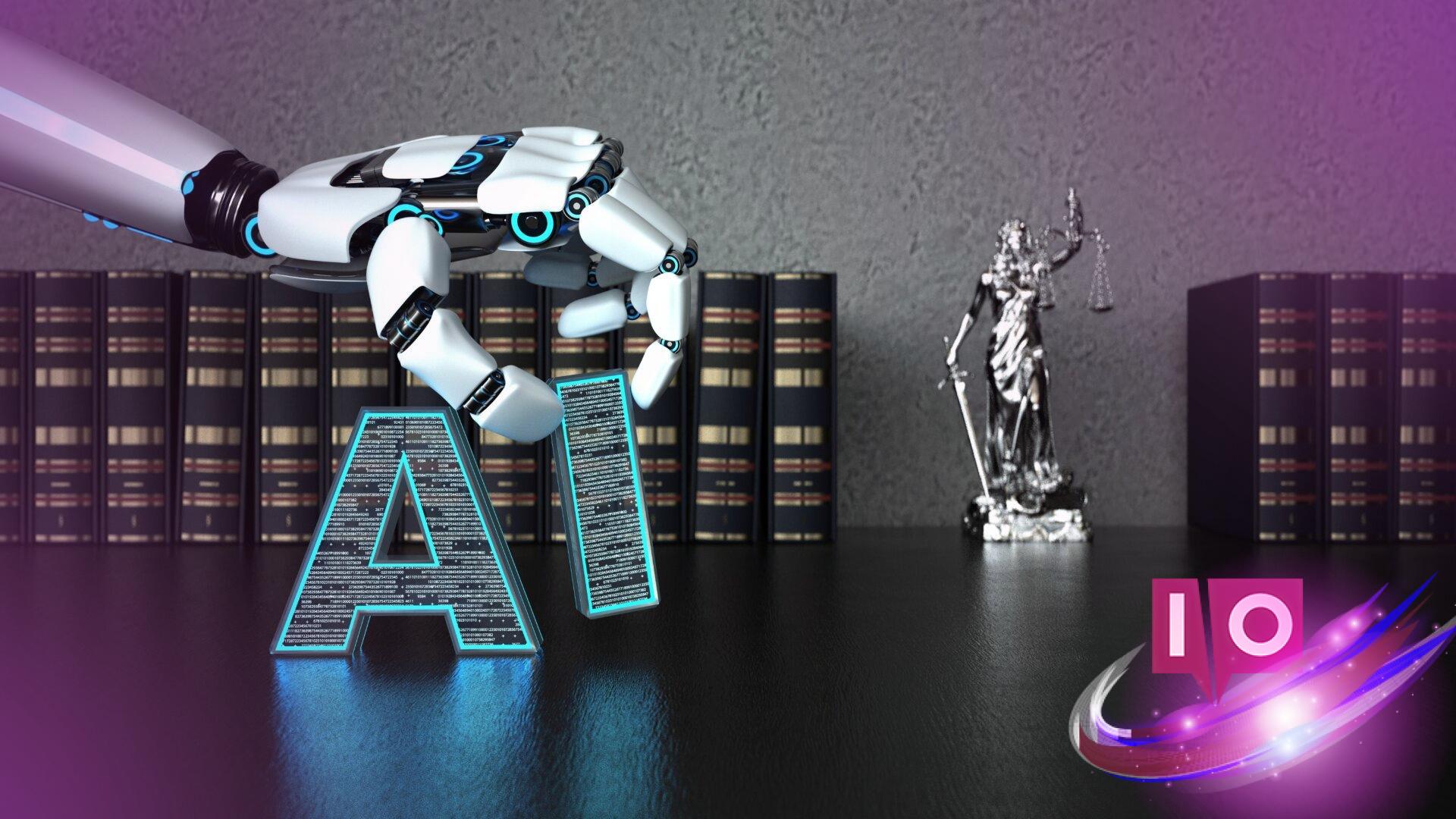Have you ever wondered about the intersection of technology and governance? Earlier this week, Albanian Prime Minister Edi Rama revealed a groundbreaking initiative: he introduced a minister dedicated to tackling corruption, and this minister is none other than Diella, an AI-powered chatbot.
Launched in January as a virtual assistant, Diella—meaning “Sun” in Albanian—was initially designed to help citizens access government services through e-Albania, a digital governmental platform. Built on OpenAI’s large language model and Microsoft’s Azure cloud platform, this innovative tool was initially tasked with improving interaction between the public and government systems. However, its role has now evolved to include monitoring potential corruption within the Albanian government.
How Does Diella Aim to Combat Corruption?
As Prime Minister Rama stated, “Diella, the first cabinet member who is not physically present, but has been virtually created by AI,” will strive to ensure a country where public tenders are completely free of corruption. Instead of leaving contract awards in the hands of various ministries, the responsibility will now fall solely on Diella, the “servant of public procurement.” This shift indicates a serious commitment to transparency and integrity in government dealings.
What Is Diella’s Role in Government Contracts?
In its new capacity, Diella will rigorously review every proposal submitted by private companies for government contracts, evaluating each bid objectively. According to Rama, this AI tool can award contracts to exceptional talents from around the globe while minimizing the administrative biases that often cloud decision-making.
Why Is This Initiative Necessary for Albania?
Corruption within government contracting is a significant issue in Albania, a nation aspiring to join the European Union since 2009. The EU has frequently criticized the country for its corruption levels, urging reforms to facilitate its membership bid. In recent years, Albania has made substantial progress by implementing major legal reforms, which have even led to the removal of judges and prosecutors linked to organized crime. However, the introduction of AI like Diella could catalyze even greater advancements in thwarting corruption.
Can AI Truly Be Objective in Fighting Corruption?
It’s important to remember that while AI can help minimize human bias, it is not inherently objective. Diella’s effectiveness will largely depend on the quality of the data fed into it. However, studies show that AI can be an advantageous tool in ensuring procurement integrity and battling fraudulent activities when used correctly.
What are the potential benefits of integrating AI like Diella into government operations? For one, it could lead to a more transparent and reliable contracting process, significantly improving public trust in government. Additionally, as Albania continues its journey toward EU membership, such innovations could demonstrate its commitment to reform and accountability on a global stage.
How does adopting technology in government improve citizen engagement? The use of AI tools in public administration can enhance citizen interactions, making it easier for residents to access services and participate in governance. This increased accessibility reshapes the relationship between the citizen and the state, fostering a more engaged and informed public.
Is this the future of governmental oversight around the world? The success of AI-driven initiatives like Diella might inspire other countries to explore similar paths in reducing corruption and enhancing transparency in their operations.
As you delve deeper into the implications of technology in governance, consider exploring similar topics that intersect ethics, transparency, and innovative solutions. For more insights, check out Moyens I/O for related content that challenges conventional views on technology and public service.
